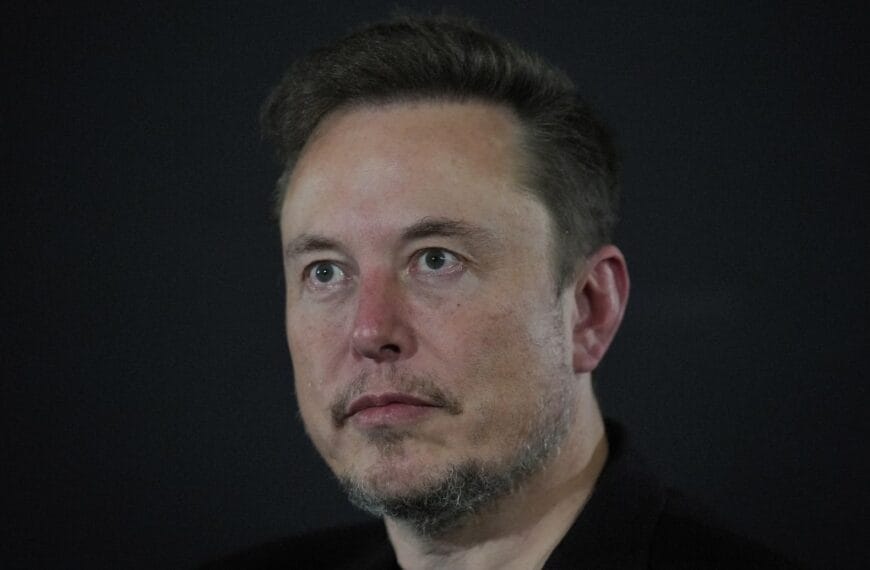Croatia; a nation of just under four million inhabitants has been a recognized name on the European landscape since the 9th century as a regional Duchy before being elevated to the status of a kingdom in the early 10th century.
But its independence would not last long, first falling under a personal union with powerful neighbor Hungary in the early 12th century, and eventually being incorporated under the Habsburg dynasty in 1527, Croatia would remain a regional footnote under greater political leadership until declaring independence in 1991, after almost 900 years.
During its first tournament as an independent nation, ‘Kockasti’ (the Checkered Ones) – a nickname born of their national coat of arms – reached the semi-finals of Euro ‘96 before shocking the world two years later at France ‘98 when they finished third place at their first-ever World Cup.
In that year, a young 13-year-old midfielder in the academy setup at NK Zadar would bear witness to that achievement without knowing he would – years later – develop into the standard bearer for his country on the world’s biggest stage at both the club and international levels.
Luka Modrić, now 37, has once again proved that age is just a number and even wily old veterans can still maintain superstar status after the native of Zadar impressed at the 2022 World Cup in Qatar and led his nation to its second top-three finish after a 2-1 win over tournament darlings Morocco, four years after nearly achieving the unthinkable before losing to France in the 2018 final.
Luka Modrić’s World Cup career by numbers:
◉ 4 tournaments
◉ 19 games
◉ 2 goals
◉ 1 x Golden Ball
◉ 1 x runner-up
◉ 1 x third-placeThe only player to score three shootout penalties.#FIFAWorldCup pic.twitter.com/xp9eLzUyK0
— Squawka (@Squawka) December 17, 2022
Despite that loss, Modrić was awarded the tournament’s golden ball, recognizing him as the best among his peers. It was not the last time he was nominated on similar grounds when months later he brought home Croatia’s first-ever Ballon d’Or on the back of his international and club success, outstripping even bigger names Lionel Messi and Cristiano Ronaldo.
Four seasons later, after rising to become one of the best players in the top flight of English football, Modrić would follow in the footsteps of national hero Davor Šuker and earn a move to Spanish juggernaut Real Madrid, where he currently remains.
Here, in the hallowed grounds of the Santiago Bernabeu, Modrić would reach unparalleled heights of superstardom never before seen by a Croatian footballer; heights that may never be equaled or eclipsed by his compatriots in the future.
In eleven seasons, Modrić has defined what it means to be the near-perfect midfielder. Boasting technical grace, uncanny instincts on and off the ball, a calmness under pressure that few can come close to matching, and determination to succeed that is at the very core of his success at club level. The seventeen major honors, including five Champions League wins, that he has helped Madrid capture as part of their ongoing success at the very top of the footballing ladder speak to how influential he has been despite being surrounded by a cadre of superstars in their own right.
Though he will never win the World Cup, and likely will not win the European Championship, his 163 caps (at the time of writing) are top of Croatia’s all-time list while no other footballer to hail from the Adriatic nation has ever won more major honors in one of Europe’s top leagues.
It is rare that smaller nations produce players that have an unquestioned influence on the beautiful game; players that can boast a wide-defining legacy that does not hail from nations like Brazil, Argentina, France, Germany, Spain, Italy, the Netherlands, Portugal, or England. As one of just nine players to ever win a Ballon d’Or that can call the Balkans or Eastern Europe their home, Modrić has not only written his personal legacy into the annals of the beautiful game but has helped continue to build the legacy of a region that many still undervalue; much like they have undervalued his career.
So the question that must be considered is a simple ask, and perhaps an even simpler answer; is Luka Modrić one of the best players in football history? You tell me.
Arsène Wenger cites the 2022 World Cup as evidence against negativity surrounding player welfare











